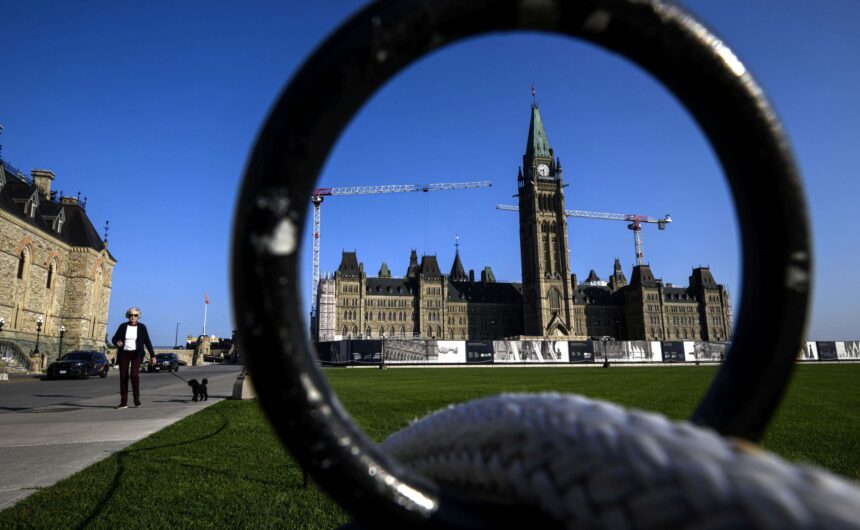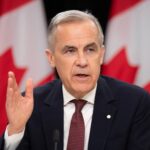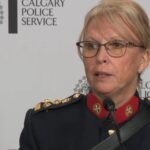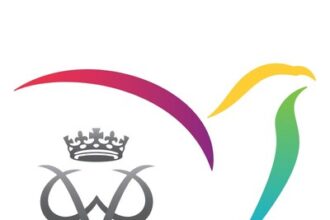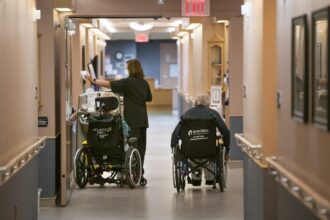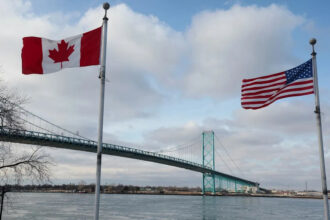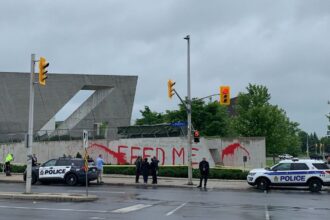In the hushed corridors of Parliament Hill, a nervous energy permeates the air this week as 87 newly elected Members of Parliament navigate their first days in the historic buildings they’ll soon call their workplace. Following April’s surprising electoral results that reshuffled Canada’s political landscape, these parliamentary newcomers are now immersed in an intensive orientation program designed to transform political candidates into effective legislators.
“The learning curve is incredibly steep,” admits Sonia Nguyen, a first-time MP from Vancouver. “Yesterday I was campaigning in my community, and today I’m walking through the same halls as Sir John A. Macdonald. It’s both intimidating and exhilarating.”
The two-week orientation program, organized by the House of Commons administration, covers everything from the practical aspects of setting up constituency offices to the nuanced parliamentary procedures that have governed Canada’s democracy for over 150 years. Sessions include briefings on parliamentary privilege, committee functions, and the legislative process that turns campaign promises into actual laws.
“We’re essentially running a crash course in Parliamentary Democracy 101,” explains Dominic LeBlanc, a veteran parliamentarian who has volunteered to mentor new members. “Many arrive with policy expertise but limited understanding of how Parliament actually functions day-to-day.”
This year’s orientation takes on added significance following the April election that produced Canada’s second minority government in a row but with significant changes to party standings in the House. For many new MPs, particularly those from parties that made unexpected gains, the orientation represents their first real introduction to the realities of governance.
Financial management training has become an especially critical component of the orientation. New MPs must quickly learn to manage both their $410,000 annual office budgets and navigate the House of Commons’ strict expense regulations that have undergone significant tightening in recent years. The CO24 Business team has learned that several sessions focus specifically on avoiding the financial missteps that have derailed political careers in the past.
“They’re drilling into us that every dollar we spend is public money and under scrutiny,” says Thomas Williams, a newly elected MP from New Brunswick. “The days of parliamentary expense scandals should be behind us with the systems they’re putting in place.”
Beyond the procedural elements, security briefings have taken on enhanced importance in this orientation. The Parliamentary Protective Service provides comprehensive training on responding to everything from minor disturbances to major security threats. This follows concerning incidents at legislatures worldwide and heightened political tensions during the recent Canadian election campaign.
The orientation also addresses the human elements of political life. Sessions on work-life balance and mental health resources acknowledge the toll that public service can take on individuals and families. Veteran parliamentarians share candid insights about the strain of constantly traveling between Ottawa and home ridings, maintaining family relationships, and handling public scrutiny.
“What they don’t prepare you for during the campaign is how this job completely transforms your life,” notes Emily Chen, a newly elected MP from Manitoba. “The administrative staff have been incredibly supportive in helping us navigate not just the procedural aspects, but the personal adjustments as well.”
Particularly striking this year is the diversity of the incoming class. The 2025 election produced Parliament’s most diverse cohort yet, with increased representation from Indigenous communities, new Canadians, and previously underrepresented demographic groups. Special sessions have been added to address the unique challenges some of these MPs may face while serving.
The orientation culminates with formal introductions to the Speaker of the House and parliamentary officials who will be critical to the MPs’ effectiveness in the coming session. With Parliament set to reconvene later this month, the pressure is mounting for these newcomers to quickly find their footing.
As Canada faces significant economic challenges, evolving international threats, and continuing debates over national unity, the question remains: Will this new class of parliamentarians adapt quickly enough to address the pressing issues facing Canadians, or will partisan divides continue to hamper effective governance in this latest chapter of Canada’s democratic experiment?

